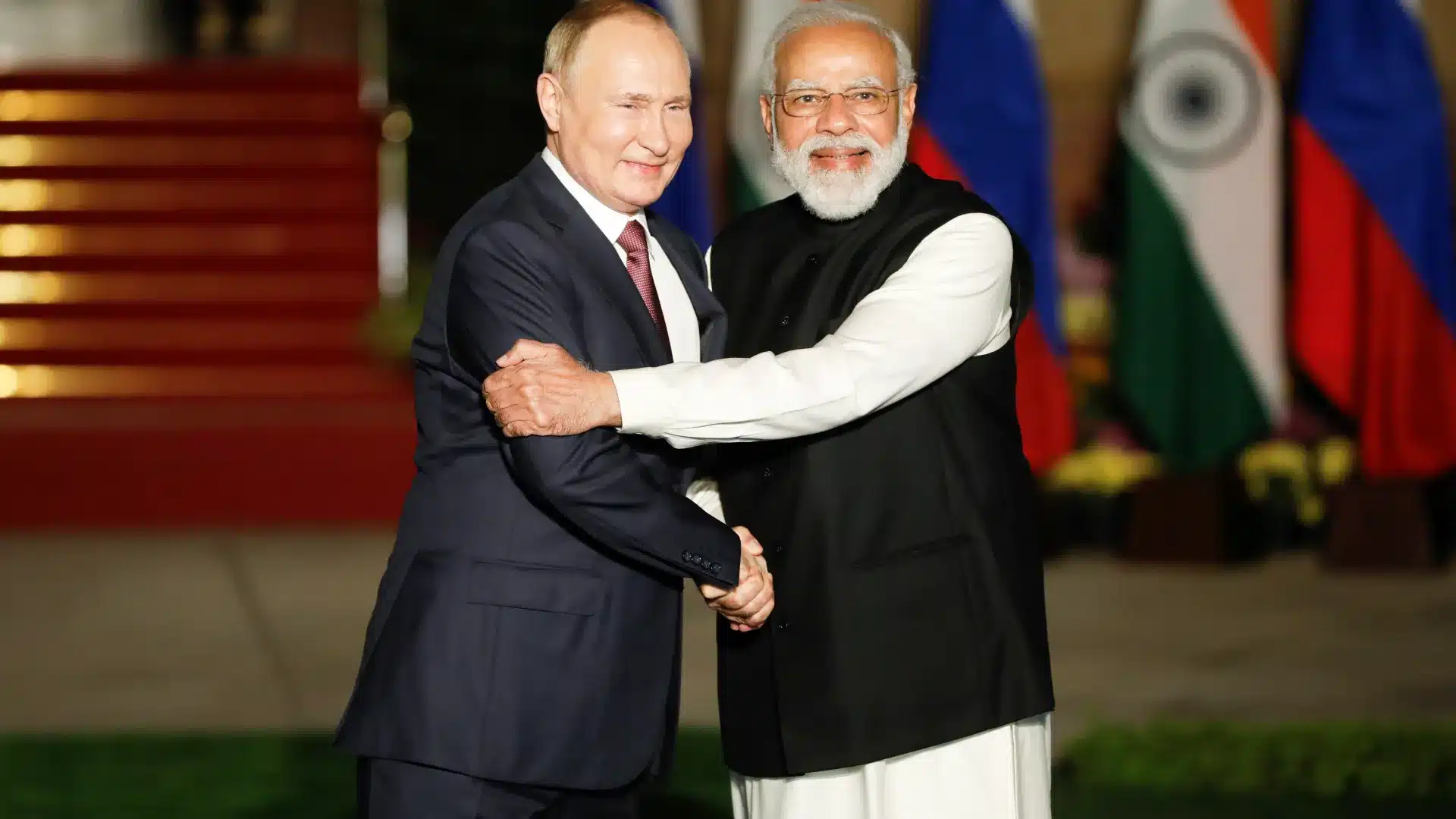India’s ongoing decision to procure military equipment from Russia has recently sparked tensions with the United States, underscoring the complexities of their diplomatic relationship.
During a recent event in Washington, D.C., U.S. Secretary of Commerce Howard Lutnick expressed that President Donald Trump holds a strong admiration for India and is optimistic about the future of bilateral cooperation.
Despite this positive sentiment, India’s persistent arms purchases from Russia—a nation facing extensive sanctions following its invasion of Ukraine—have become a sticking point for U.S. policymakers. The U.S. has sought to curtail Russia’s influence through measures such as the Countering America’s Adversaries Through Sanctions Act (CAATSA), which penalizes countries engaging in major defense transactions with Russia.
India’s defense ties with Russia date back decades and remain a cornerstone of its military strategy, supplying significant portions of its defense equipment.
Also Read; Hungary Strengthens Ties with China, Sparking EU Concerns
The South Asian nation emphasizes strategic autonomy—a foreign policy principle aimed at maintaining independent decision-making amid global power rivalries. While India diversifies its defense procurement with partners like the United States and France, Moscow’s role remains pivotal.
The U.S. sees India as a vital partner in the Indo-Pacific region, sharing democratic values and interests in regional security. However, balancing this partnership with India’s defense dealings with Russia creates diplomatic challenges. Analysts point out that this reflects broader geopolitical shifts, where India maintains multiple relationships to secure its national interests.
Both countries continue efforts to deepen cooperation in areas including trade, technology, and counterterrorism. Secretary Lutnick’s remarks underline a shared commitment to overcoming disagreements and building a stronger partnership for the future.
As global tensions persist, India’s continued engagement with Russia remains a critical consideration for U.S. foreign policy. Navigating these complexities will be essential for maintaining the growing strategic alliance between New Delhi and Washington.







